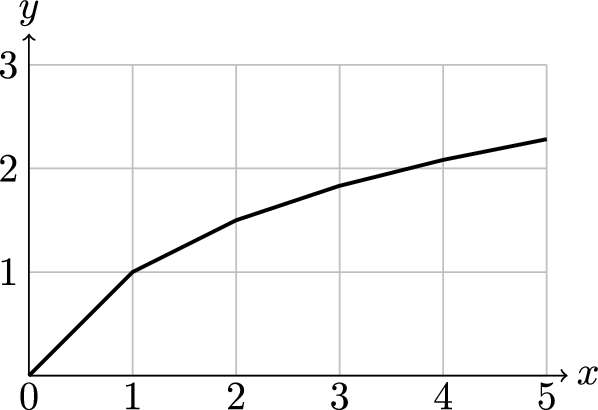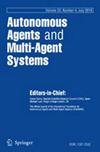多赢家决策的参数化复杂性:更多的精力放在固定参数的可追溯性上
IF 2.6
3区 计算机科学
Q3 AUTOMATION & CONTROL SYSTEMS
引用次数: 6
摘要
我们研究了三种流行的k委员会选择规则的获胜者确定问题的参数化复杂性,即最小最大批准投票(MAV)、比例批准投票(PAV)和Chamberlin–Courant批准投票(CCAV)。众所周知,这些问题在计算上是困难的。尽管已经从参数化复杂性的角度对几个自然参数进行了研究,但其中许多参数都是W[1]硬或W[2]硬的。为了获得丰富的固定参数算法,我们通过考虑更自然的单参数、组合参数和结构参数来重新审视这些问题。本文章由计算机程序翻译,如有差异,请以英文原文为准。

Parameterized complexity of multiwinner determination: more effort towards fixed-parameter tractability
We study the parameterized complexity of winner determination problems for three prevalent k-committee selection rules, namely the minimax approval voting (MAV), the proportional approval voting (PAV), and the Chamberlin–Courant’s approval voting (CCAV). It is known that these problems are computationally hard. Although they have been studied from the parameterized complexity point of view with respect to several natural parameters, many of them turned out to be W[1]-hard or W[2]-hard. Aiming at obtaining plentiful fixed-parameter algorithms, we revisit these problems by considering more natural single parameters, combined parameters, and structural parameters.
求助全文
通过发布文献求助,成功后即可免费获取论文全文。
去求助
来源期刊

Autonomous Agents and Multi-Agent Systems
工程技术-计算机:人工智能
CiteScore
6.00
自引率
5.30%
发文量
48
审稿时长
>12 weeks
期刊介绍:
This is the official journal of the International Foundation for Autonomous Agents and Multi-Agent Systems. It provides a leading forum for disseminating significant original research results in the foundations, theory, development, analysis, and applications of autonomous agents and multi-agent systems. Coverage in Autonomous Agents and Multi-Agent Systems includes, but is not limited to:
Agent decision-making architectures and their evaluation, including: cognitive models; knowledge representation; logics for agency; ontological reasoning; planning (single and multi-agent); reasoning (single and multi-agent)
Cooperation and teamwork, including: distributed problem solving; human-robot/agent interaction; multi-user/multi-virtual-agent interaction; coalition formation; coordination
Agent communication languages, including: their semantics, pragmatics, and implementation; agent communication protocols and conversations; agent commitments; speech act theory
Ontologies for agent systems, agents and the semantic web, agents and semantic web services, Grid-based systems, and service-oriented computing
Agent societies and societal issues, including: artificial social systems; environments, organizations and institutions; ethical and legal issues; privacy, safety and security; trust, reliability and reputation
Agent-based system development, including: agent development techniques, tools and environments; agent programming languages; agent specification or validation languages
Agent-based simulation, including: emergent behavior; participatory simulation; simulation techniques, tools and environments; social simulation
Agreement technologies, including: argumentation; collective decision making; judgment aggregation and belief merging; negotiation; norms
Economic paradigms, including: auction and mechanism design; bargaining and negotiation; economically-motivated agents; game theory (cooperative and non-cooperative); social choice and voting
Learning agents, including: computational architectures for learning agents; evolution, adaptation; multi-agent learning.
Robotic agents, including: integrated perception, cognition, and action; cognitive robotics; robot planning (including action and motion planning); multi-robot systems.
Virtual agents, including: agents in games and virtual environments; companion and coaching agents; modeling personality, emotions; multimodal interaction; verbal and non-verbal expressiveness
Significant, novel applications of agent technology
Comprehensive reviews and authoritative tutorials of research and practice in agent systems
Comprehensive and authoritative reviews of books dealing with agents and multi-agent systems.
 求助内容:
求助内容: 应助结果提醒方式:
应助结果提醒方式:


